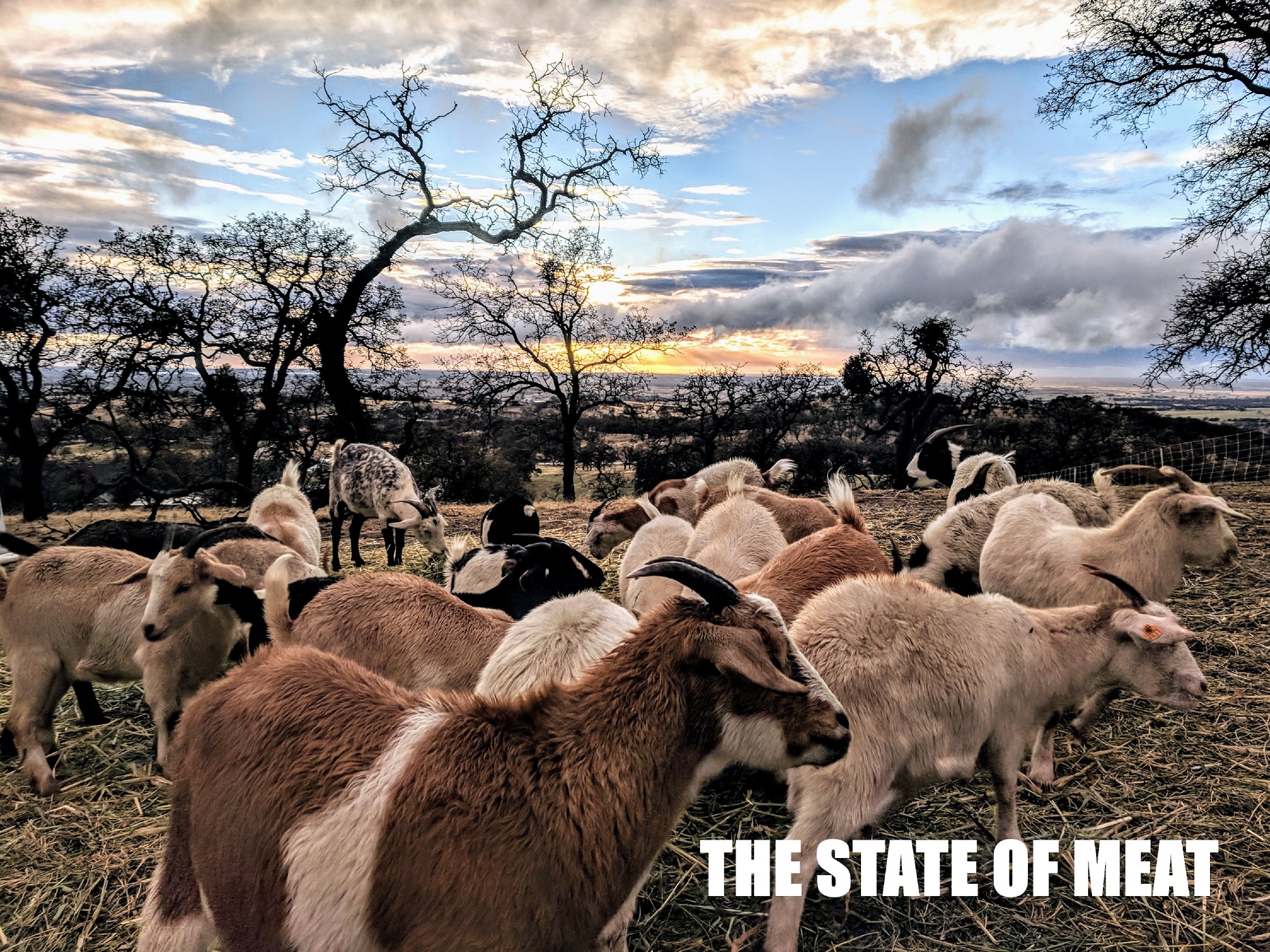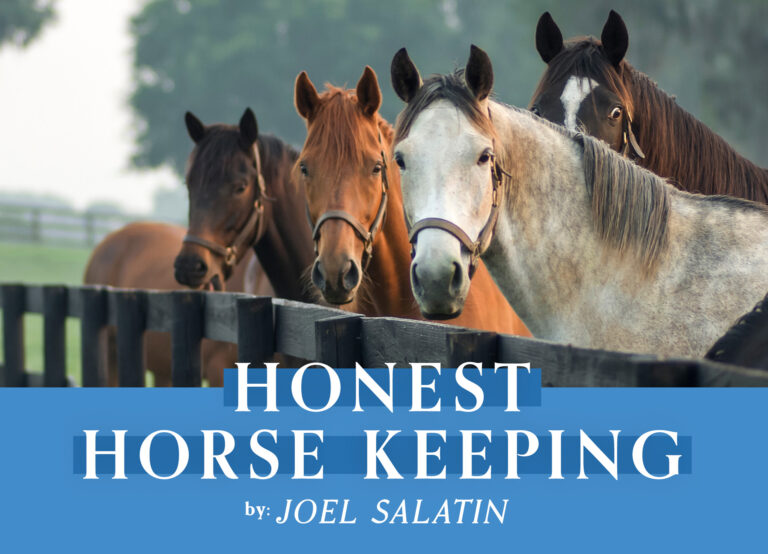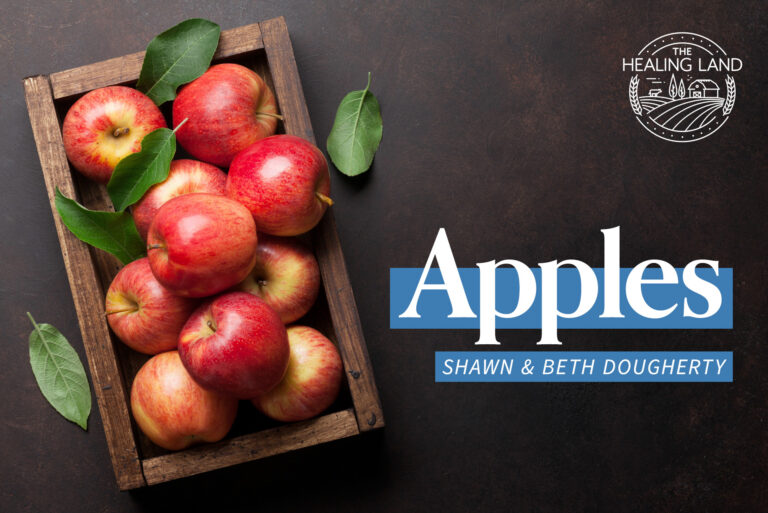– Opportunities for the Parallel Economy
by Jesse Dustin, of Heartland Goats
If anything has become clear over the last few years it is that certain points of view have become censored, banished, and wiped from our society and our online sphere. While the woke crowd can be as extreme as it wants, without any fear of reprisal, God-fearing Americans have been bloodied in the streets and tossed in jails for simply expressing a different opinion. This brings about a need for those who have been alienated. An urgent need to provide these folks with a life net or even just a basic means of survival. Folks’ abilities to earn a living, or even provide necessities for their own families have been hindered by a media and government that wants them destroyed.
“And it shall come to pass in that day, that the Lord will set His hand again the second time to recover the remnant of His people”
Isaiah 11:11
Like the Parallel Economies, Societies, and even the Amish that we see before us, we must forge our own new unique paths if we wish to survive. We must find parallel means of providing for ourselves and what remnants of our culture remain worth saving.
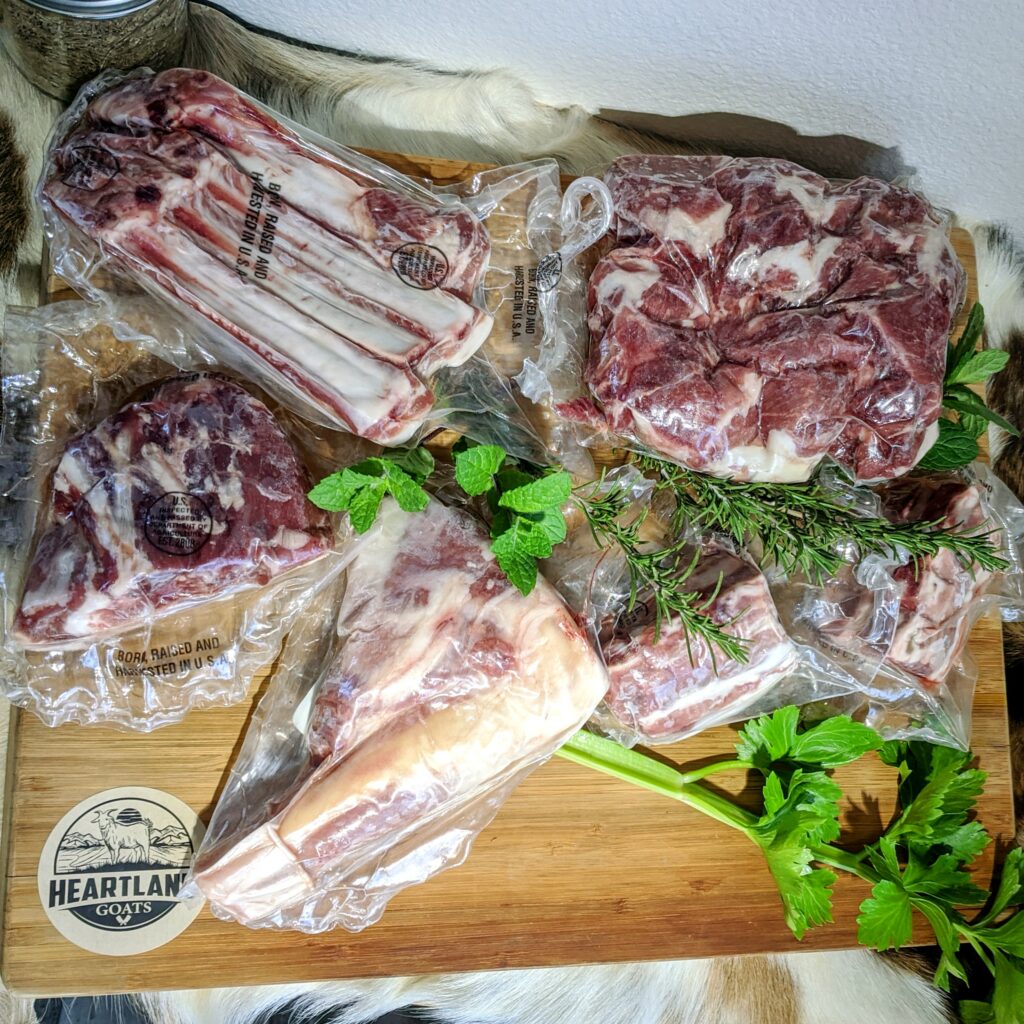
Food is, of course, one of those much-needed necessities and once again we see that our current supply chain is threatened by global international conglomerates, often controlled by or actively bribing foreign governments. Much like when dealing with our own government, these foreign entities may not exactly have our own best interests at heart.
Meat
Sure some people claim to be able to live without it, but for most of us it is more than just a delicacy; Meat is a necessity and a way of life. Over the last few decades, this industry has been consolidated, and often its biggest players, protected by burdensome meat processing regulations which hinder smaller businesses from forming and succeeding. At the same time other more “progressive” types – or is it demonic ones – wish we would eat synthetic meats, eat bugs, and live in pods!
Meanwhile, all across this nation, there are hundreds of thousands of tiny meat producers each with whatever small herd of animals they currently use to provide for themselves and their local small communities. These tiny meat producers exist under an antiquated system of state and federal regulations which means that if they want to legally sell meat to the general public they have to use a current big business known as a USDA processor. These big businesses have no reason to help these little producers process their meats, especially when they’re already struggling to meet the demands for their cheap meats; which are often raised in, let’s just say, somewhat unsavory conditions. Conditions which, one could argue, may be required just in order to keep the cities and urban population centers fat, dumb, and happy without having to resort to the aforementioned bugs.
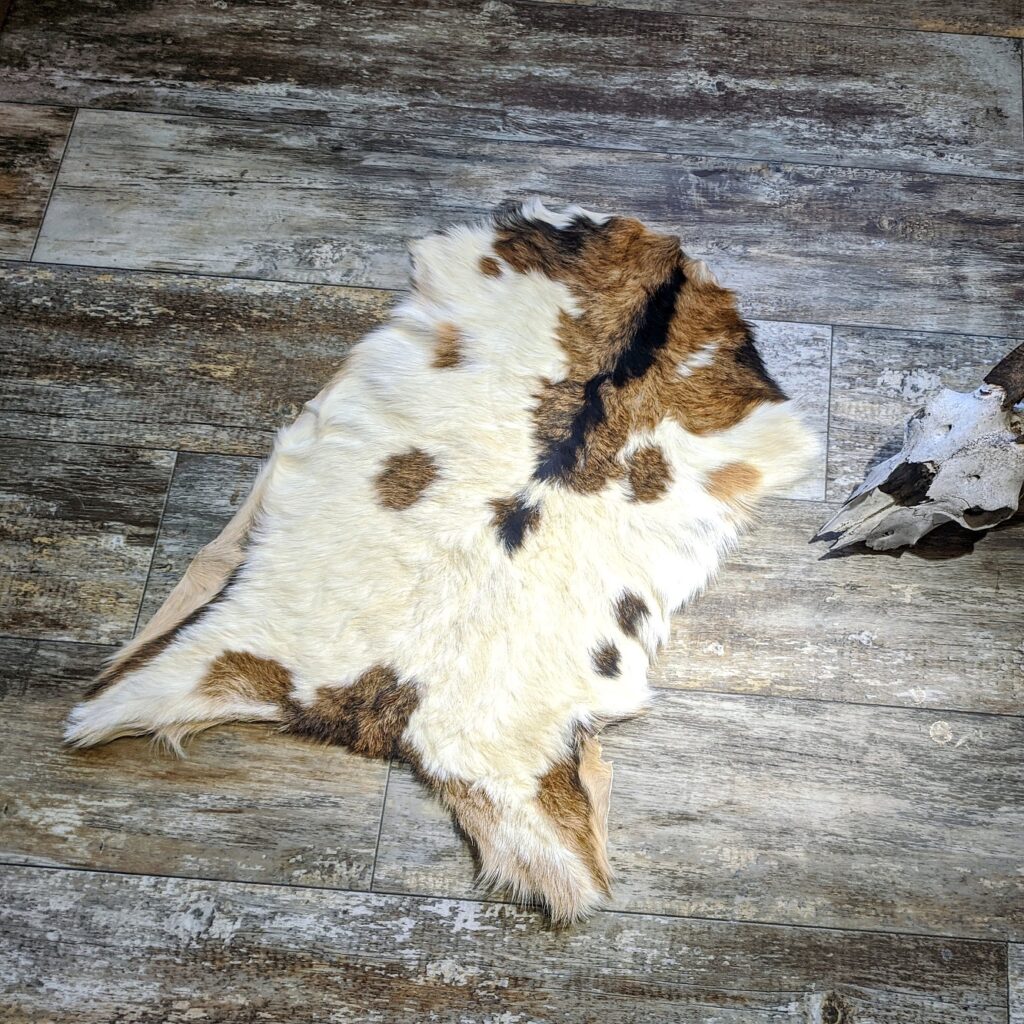
As some of us more Freedom-loving Americans spread out fleeing these urban environments for more rural sustenance and human fulfillment, there is a giant gap in the market. Currently, independent producers like myself have to charge $20 to $30 a pound to cover the onerous processing fees and long-distance transportation costs. I can just say with regards to my meat prices. About 50% of the overall cost goes to the USDA processor. The other 40-50% goes into the care and feeding of the lifetime of the animal. That remaining 0-10% is what our family gets by on each day. If we want to make healthy proteins cheaper for the Parallel Economy we have to somehow reduce the cost of processing meat.
Opportunity
These modern challenges create a new and unique opportunity for Parallel Businesses interested in getting into the meat and agriculture world. An opportunity to make meat processing cheaper and more local, while solving what has now become a global food supply problem. Thankfully there is already an example of folks who have recently begun to solve this problem and this solution is called “Mobile Slaughter Processing Units”.
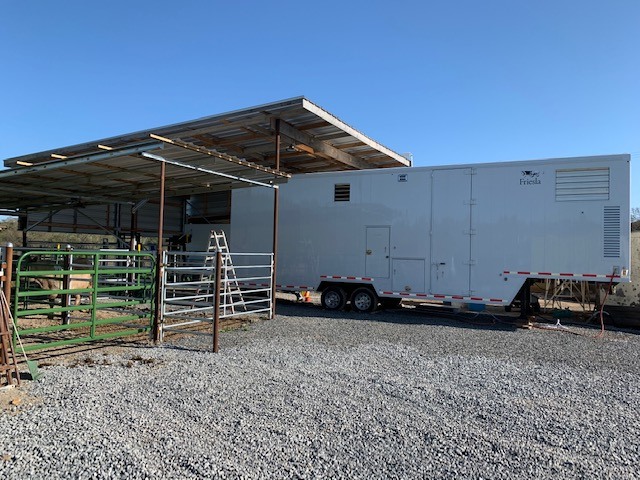
Picture in your mind a small clean traveling butcher trailer. These small mobile processing units make money by traveling to and serving as many tiny producers as possible in their locality. Often they will schedule one big day at a local farm where many livestock owners will bring their livestock for processing. These small mobile butchers are not at the scale of which these larger processors are capable of serving giant cities, but they can provide a lower-cost solution for smaller rural areas. Some may or may not be USDA certified because USDA is only required if you are selling the meat to the general public. All processors must at least be legally permitted by the local and state jurisdictions they operate within. Often these local and state restrictions are not as onerous as federal ones.
Many such meat processing ventures already exist in several regions across the country such as Natural Harvest LLC. out of Spring Green Wisconsin which claims to be booked out until the end of 2022, and JMF Slaughter out of Sonoma California, who is booked at least a month out and hopes to expand his operations soon.
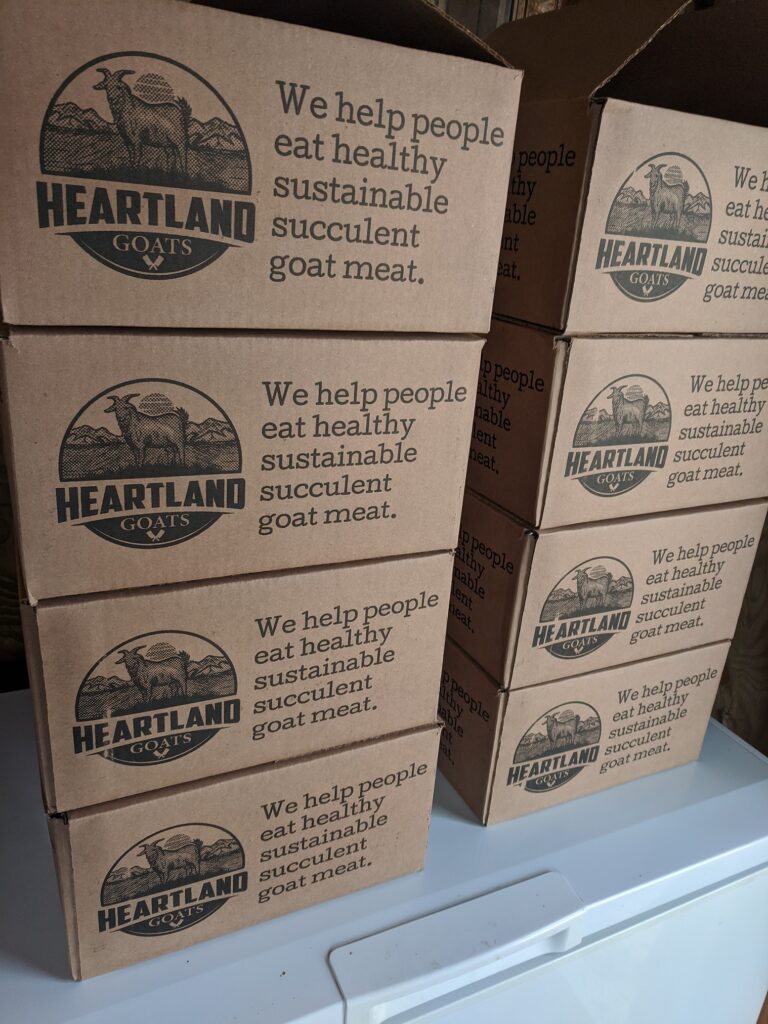
Here are just a few additional examples of why a mobile processing unit makes sense:
- – The end meat consumer can purchase the animals on the farm directly from the farmer and have them butchered on the spot, therefore, since the buyer is the owner of the animal being butchered, there are fewer regulations on this transaction. This provides a cheaper method for customers to fill their meat freezers.
- – This also equals less stress on the animals and the farmer, because the livestock does not need to be transported a long distance to a big processing facility. This makes the meat cheaper to produce.
- – Finally, since local and state regulations may not be as onerous as the federal ones, this also makes the meat cheaper to produce.
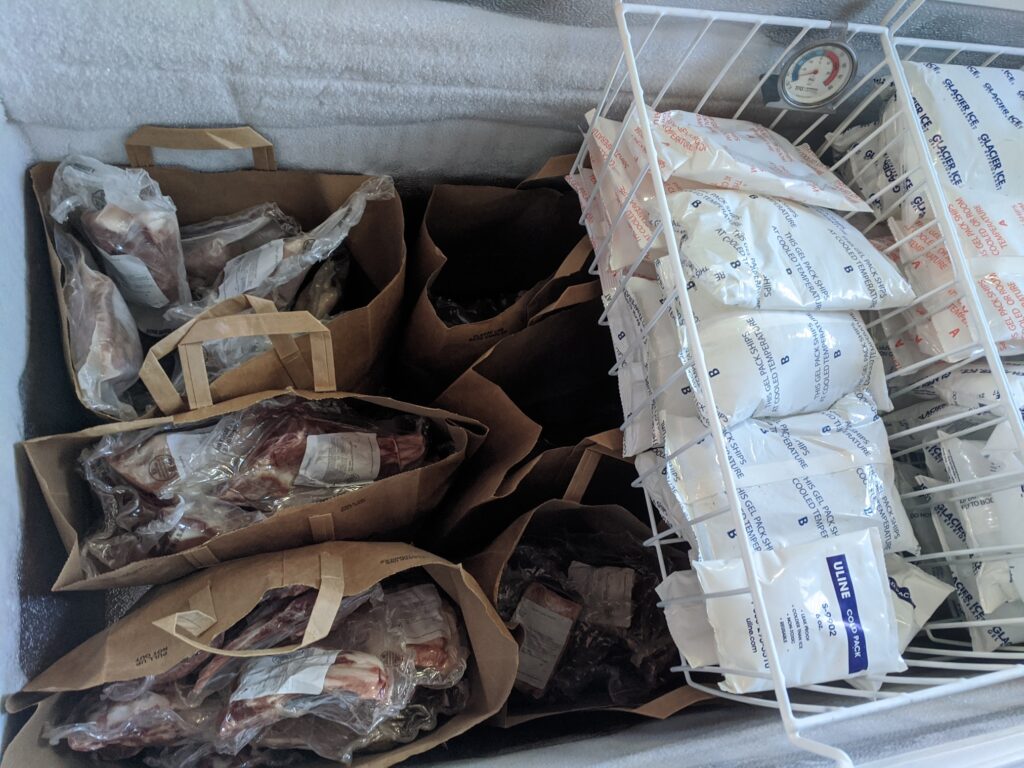
There are of course a few struggles with starting a mobile slaughter processing unit. The largest one is the startup costs involved with designing and procuring a trailer that would suit your locality’s requirements. Rough estimates are anywhere up to $250,000 for a brand new well-designed trailer. This is not a small chunk of change for most small farmers and so in most cases, more than a few would need to join together to make this happen. Employees would be another consideration. Perhaps the job of a mobile slaughterhouse is not glamorous work to many people. Then find enough small farms in your area interested in scheduling a steady flow of animals. Although from my experience, the demand for such a service far outweighs the supply. Of course, meeting your local and state requirements would be the final obstacle, but many localities have been loosening requirements surrounding this very issue. From my experience, the local folks want to solve this problem and the states have the power to set more local guidelines.
Let’s just say for a tenacious group of people interested in such a venture I think there’s a unique opportunity in light of the food supply chain issues we have seen during and since Covid. I think if you contacted anyone already involved in this sort of business they would flat out tell you they cannot possibly keep up with the demand. That is what they tell me when I talk to them.
I sincerely believe that if funding were available and enough eager people were interested in the meat processing business, this would be a unique opportunity that could solve some of these cost issues by providing the Parallel Economy and Parallel Society with affordable all-natural pasture-raised meats. As more and more people reconnect with how their food is produced and new challenges are encountered we intend to keep highlighting some bright opportunities within food and agriculture.
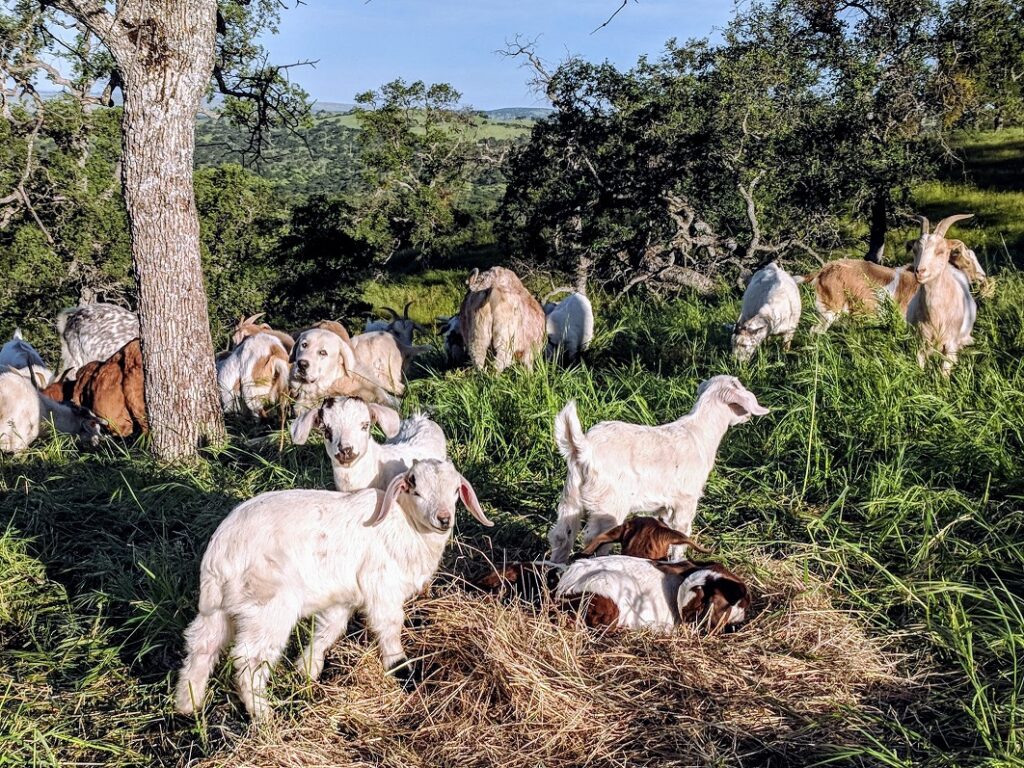
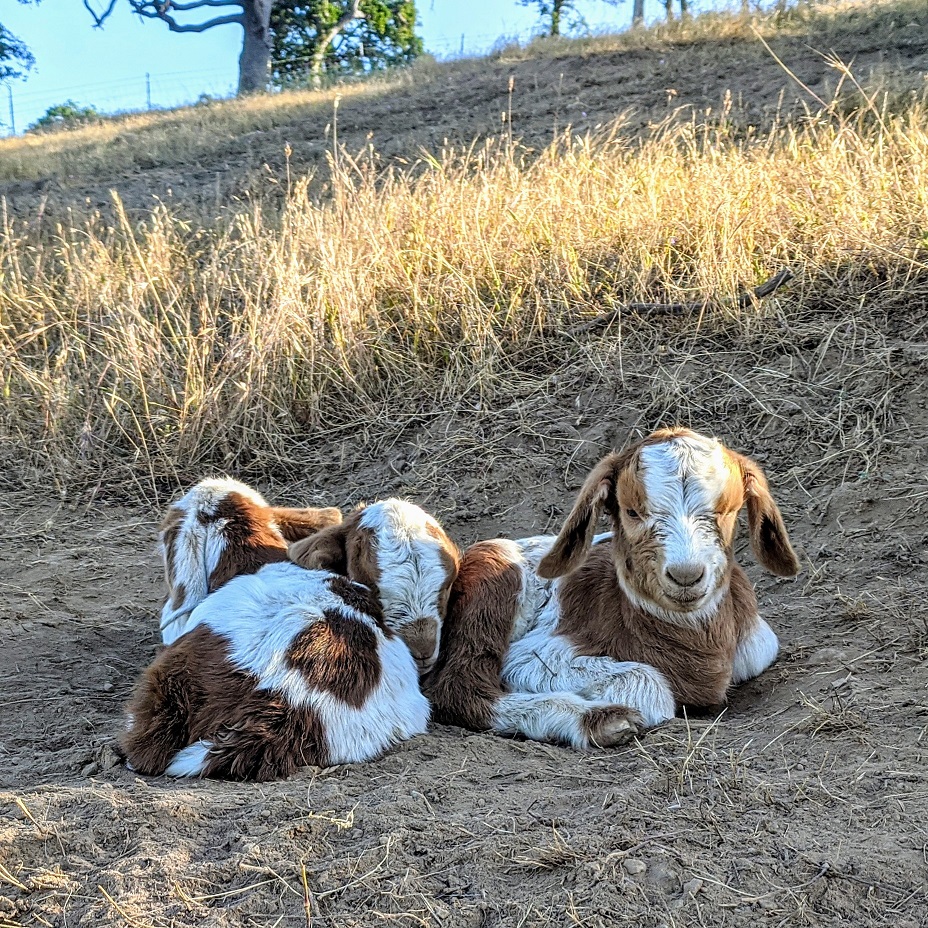

Jesse Dustin quit his career as a Silicon Valley engineer to start a growing family, a growing goat farm, and a brighter future for his people. @HeartlandGoats


